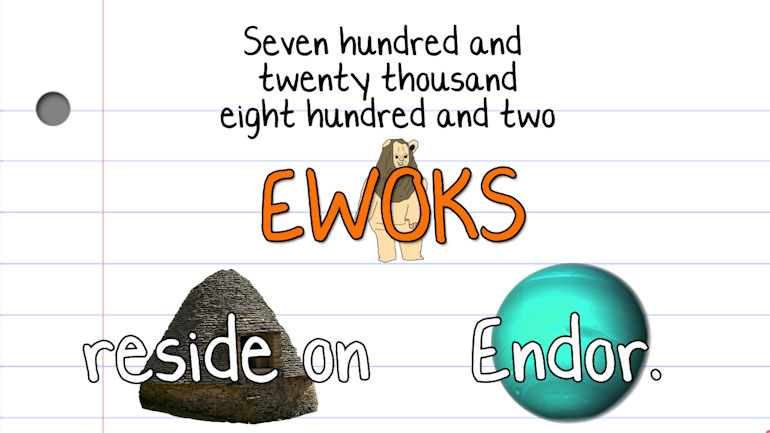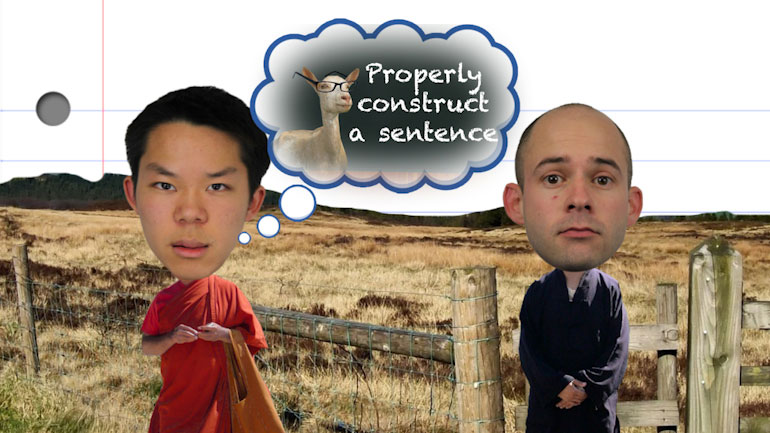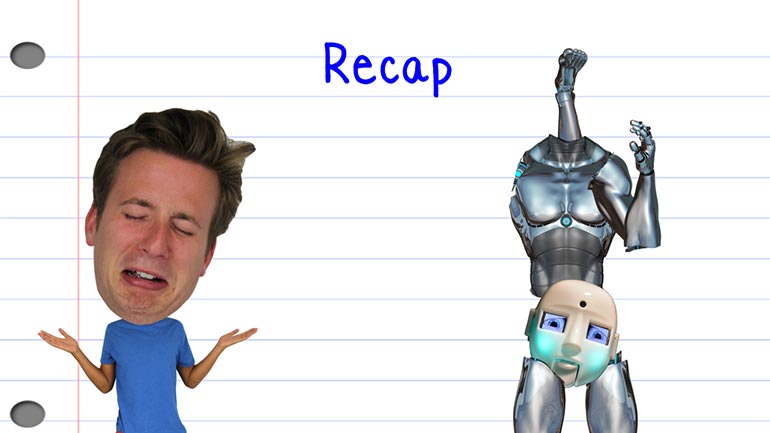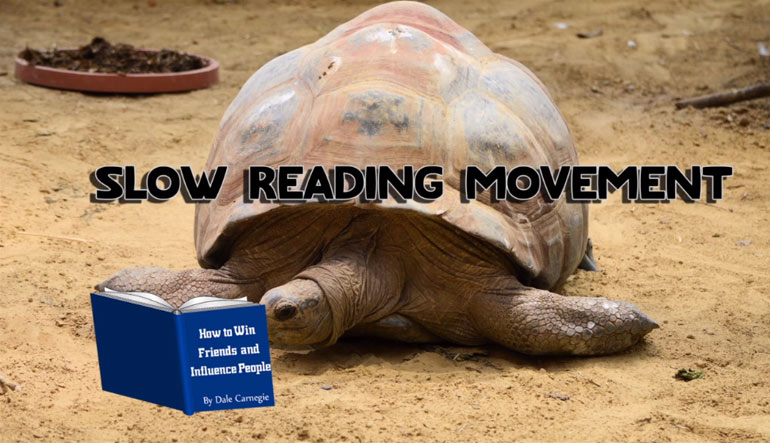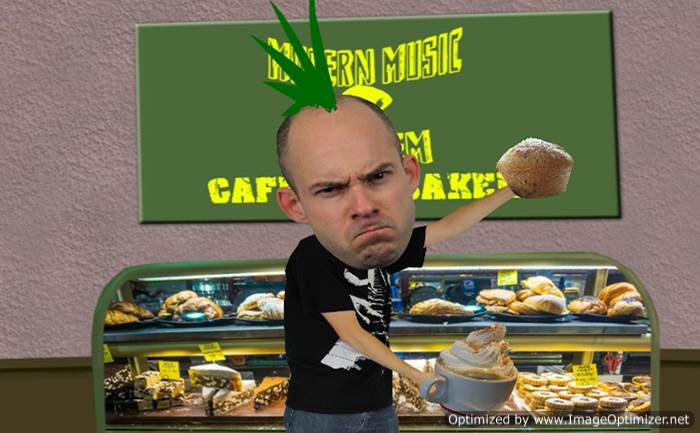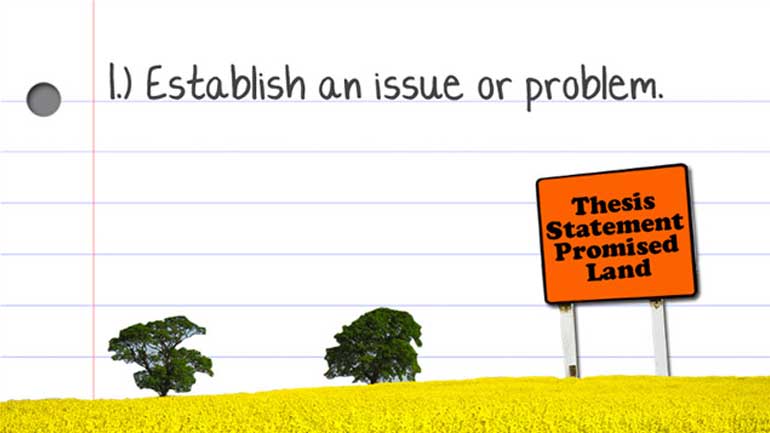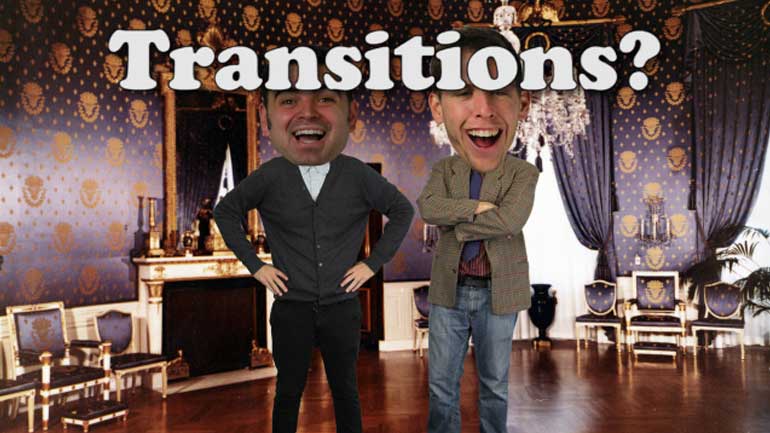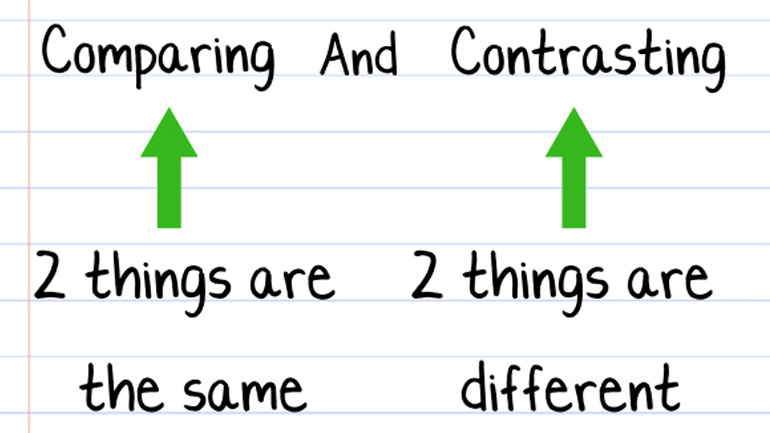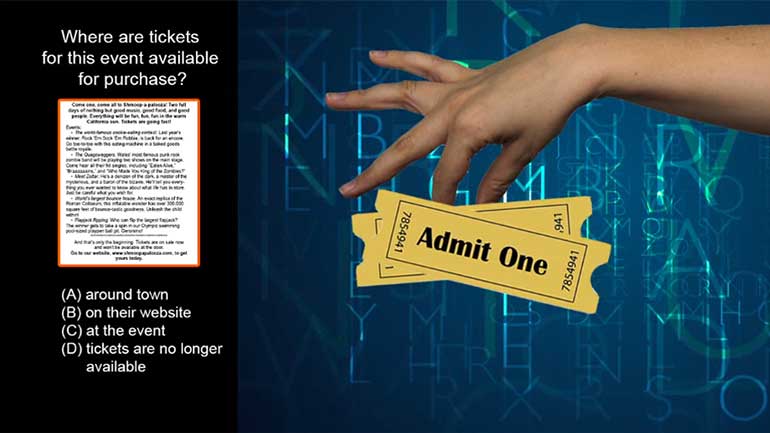ShmoopTube
Where Monty Python meets your 10th grade teacher.
Search Thousands of Shmoop Videos
Writing Videos 89 videos
Want even more deets on wordiness? Click here to review. Or take a look at our entire grammar section for all the goods.
Want even more deets on tenses? Click here to review. Or take a look at our entire grammar section for all the goods.
Want even more deets on semicolons? Click here to review. Or take a look at our entire grammar section for all the goods.
Ethos, Pathos, Logos 25618 Views
Share It!
Description:
There are some tricks of the trade you can use when trying to bring readers around to your point of view. And none of them involve dangling a watch in front of their eyes or asking them to stare into a spinning, spiraling wheel.
Transcript
- 00:00
Ethos/Logos/Pathos, a la Shmoop. We all hate losing arguments.
- 00:17
It feels good to be right...
- 00:19
...but it feels even better to convince someone else that you're right. And then maybe rub
- 00:23
their face in it a little bit.
- 00:28
What if you had a bag of tricks that you could go to any time you felt someone needed a little...
Full Transcript
- 00:35
persuading? Thanks to Aristotle, the great thinker from
- 00:38
ancient Greece...
- 00:39
...we have three such tricks that will often get the job done.
- 00:45
They're not foolproof. In other words, they won't usually get you out of mowing the lawn
- 00:49
or doing the dishes...
- 00:50
...but if you're writing an argument essay and want a reader to see, understand and agree
- 00:55
with your point...
- 00:56
...these tricks are the bee's knees. Collectively, they are referred to as rhetorical
- 01:02
devices.
- 01:03
You want to know what they are?
- 01:06
Sorry... rhetorical question.
- 01:08
The three devices are called ethos, pathos and logos.
- 01:14
Once you've mastered these tools, you'll be able to write a stellar essay...
- 01:18
...win political debates...
- 01:19
...and sell just about anything on late-night television.
- 01:22
Let's start with ethos. Ethos means moral character.
- 01:27
When the speaker uses ethos, he's trying to persuade his audience by convincing them that
- 01:32
he's a good guy. So if you pin someone up against a wall and
- 01:36
demand that they prefer Coke to Pepsi...
- 01:38
...it's probably not the most effective means of persuasion.
- 01:42
But if that same person gets the sense that you're a decent human being...
- 01:45
...who just wants to discuss the subject in a calm manner...
- 01:48
...he may be more willing to see another side of the issue.
- 01:52
But moral character alone isn't going to get 'er done.
- 01:56
Enter... pathos.
- 01:57
Pathos means emotion. As a rhetorical device, pathos gets us to stop thinking and start
- 02:04
feeling.
- 02:06
Something political pundits seem to have down to a science.
- 02:15
Ugh... feelings? Does this mean we have to get all lovey-dovey and mushy-wushy?
- 02:19
Well... no. But sometimes appealing to someone's softer side can do the trick.
- 02:28
If you're trying to convince a reader that crude oil is bad for the environment...
- 02:32
...don't just cite figures and fill up the pages with a bunch of charts and graphs.
- 02:38
Talk about the animals that are affected... and often killed... when there's a spill.
- 02:44
It will only help your case if you can get your reader to cry over spilt oil.
- 02:49
And then there's the third and final rhetorical device... logos.
- 02:53
Logos means reason. Here is where all those aforementioned charts,
- 02:59
graphs and figures come into play.
- 03:02
But it's also about explaining to your reader, in clear and concise terms...
- 03:06
...why they should logically agree with your point of view.
- 03:10
It's about providing concrete evidence to support your claims.
- 03:16
If you can make them feel stupid for daring to think differently, all the better.
- 03:23
But watch the name-calling. So when writing an argument essay, don't set
- 03:30
pen to paper without the big three in your corner...
- 03:32
...Ethos, meaning moral character...
- 03:34
...Pathos, meaning emotion...
- 03:36
...and logos, meaning reason. You may also want to use Oreos...
- 03:41
...which won't add anything
- 03:54
to your argument, but they sure are delicious.
Related Videos
This video offers some rules of thumb for writing a good introduction. It covers everything from tone (confidence is key!) to phrases and clichés...
Even the best essays can go wrong in the conclusion—this video covers what not to do in a conclusion to help avoid any essay-ending problems. The...
You want to be as picky with your citations as Goldilocks was with her porridge—not too many, not too few... juuust right. You want to prove that...
Want even more deets on wordiness? Click here to review. Or take a look at our entire grammar section for all the goods.
Want even more deets on Run-on Sentences? Click here to review. Or take a look at our entire grammar section for all the goods.





